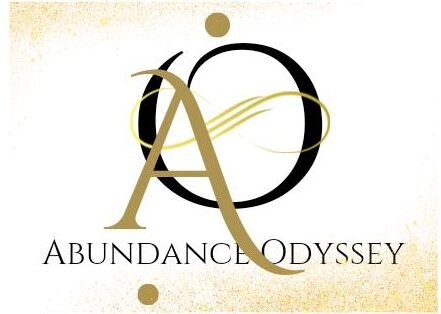Wealth can mean a lot of things to a lot of different people. For some, it is having peace of mind and a simple way of life and others want the finer thing in life which requires significantly more monetary value.
What does wealth mean to you?
Let’s start with a dictionary definition. We like Merriam-Webster’s 2nd answer: “abundant supply”, because it is general in nature. Personal wealth is the entirety of assets or stored value you possess that exceeds your liabilities. As a measure, we often look at someone’s Net Worth which is someone’s assets minus their liabilities. For example, if you own a home valued at $300,000 and owed $200,000 on the mortgage that would give you equity of $100,000 and that $100,000 would be added to your net worth.

How Do I Know I Have Enough Wealth?
The generally accepted minimum goal is to possess sufficient assets to sustain you and your spouse, in the manner you are accustomed to living, into retirement, and throughout your life. Your situation is unique to you, but assuming a retirement age of 65, generally speaking, you should have a minimum of 6.5X to 13X your annual income at retirement in stable investments that generate income above inflation. In this way, you do not lose value over time.
The minimum of 6.5x will apply to a couple with no real debts at retirement and live a conservative lifestyle. If you still owe on your home or other significant liabilities you will have to have more saved, a minimum of 10X should be your target.
The next level of wealth is: Generational Wealth. We are seeing this as a trending topic today. This is a store of value that will significantly surpass your needs for your life and will leave an impactful amount of value after you have passed. This money can be left to heirs, charities, or maybe even your pets! That is up to you, but we will help you get to this level of wealth. We have some interesting and some conventional strategies to get you there!
Where Do I Start?
- Assess your current financial situation
- Assets/Income
- Savings/Investment
- Liabilities/Expenses
- Identify Planned Large Purchases
- How Much
- When
- Establish a Retirement Goal
- Investments
- Cash Flow
- Develop Your Plan
Question: Is your home an asset?
Sorry, no, your home is not an asset if you have a mortgage, because even though it should appreciate over time, it produces no income and requires significant maintenance costs and property taxes. However, it is still better to have a home than to pay a landlord rent, unless you haven’t the time or money to maintain your home.
Summary
Your definition of wealth is something to ponder. Have a thoughtful conversation with your significant other and align on where you want to be when you retire in all areas of your life. Spiritually, financially, health-wise, and lifestyle. Of course, these can evolve over time, but have a ballpark amount of money in today’s dollars to establish the goal.
You may have other big items you want to fund, like children’s education, vacation homes, etc. These need to be accounted for as well.
Start small, think big: every dollar saved and properly invested is a step towards financial independence. Smart investments, like stocks and reinvesting dividends, can dramatically enhance your wealth over time. Understanding the basics of personal finance is crucial for success.
Let’s take a look at next steps!

